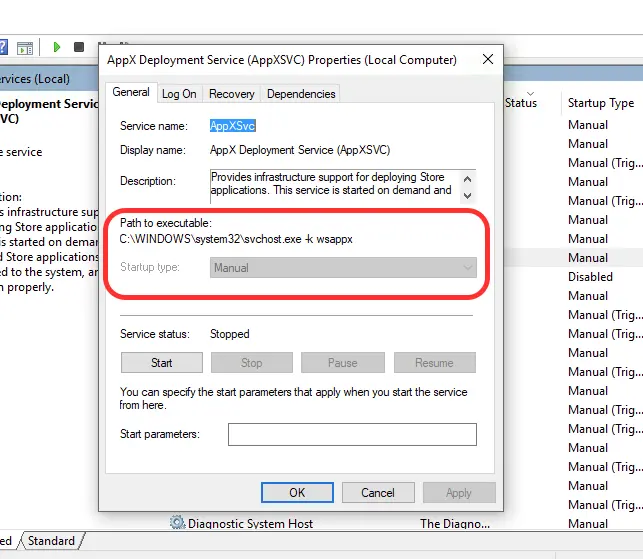If you have a computer with a Windows operating system newer than Windows 8 and you notice it's running quite slowly, the wsappx process might be one of the multiple causes. There are scenarios where this process uses 100% of disk resources, leading to a slower computer performance.
Fortunately, wsappx is not a virus or malware. It is a process introduced by Microsoft with the operating system Windows 8.1 for management Windows Store.
Content
What is the wsappx process?
The "wsappx" process is associated with the platform Windows Store and is responsible for managing the installation, update and uninstallation of applications from Windows Store on the operating system Windows 8.1 and later versions. This process can also be found in systems Windows 10 or Windows 11.
wsappx is a process responsible for managing at least three services Windows, all having in common Microsoft Store.
Windows Store Service (WSService)WSService provides infrastructure support Microsoft Store. It is only enabled on demand, and disabling it completely may lead to usability issues Microsoft Store. Deactivation is only recommended if you are not using it Microsoft Store.
Client License Service (ClipSVC)ClipSVC handles the verification of purchases from Microsoft Store. This service is turned on on demand, and if you make purchases from the Store, it is recommended that you do not disable this service.
AppX Deployment Service (AppXSVC)AppXSVC is the service that consumes most of the resources hard diskafter an update from Windows 8 to Windows 10. This service is responsible for checking applications from Microsoft Store. Although it is set to start only on demand, for a period of time it can run and demand significant resources, stressing the system.

So through the process wsappx these essential services are coordinated for the proper functioning of Microsoft Store, having an impact on disk resources, especially during periodic updates or checks.
None of the three services offers us the possibility to stop them permanently or to change the state at startup. "Startup type"Cannot be modified.

What can you do if the wsappx process is using 100% of the hard disk resources?
When wsappx is using 100% of disk resources, it can be caused by several factors. Here are some possible reasons:
Application updates. wsappx can use the resources to download and install updates for applications from Windows Store.
Installing or uninstalling applications. If application installation or uninstallation operations are in progress, wsappx may require significant resources.
Packet scanning. The wsappx process can scan application packages to ensure they are correct and do not pose security risks.
As I said before, the causes of excessive use of hard diskby the wsappx process can be multiple. So the solutions are also different depending on the scenario.
Wait. The first thing you can do is wait. If wsappx is using resources temporarily, it should stabilize over time.
Update the system. Make sure your system is running the latest security and functionality updates to prevent known issues. The wsappx process can consume a lot of resources due to a bug.
Check pending applications. Open Microsoft Store and check if there are any apps that need to be updated or are in the process of being installed.
Antivirus/malware scan. Sometimes malware can affect system performance. Run a full system scan with a trusted antivirus program to eliminate potential threats.
Related: Windows Task Manager tutorials and tips
wsappx high CPU usage
In addition to the excessive consumption of write / read resources hard disk, there are also situations where the wsappx process consumes significant resources CPU, and in the Task Manager the message "Very high energy consumption". And in this scenario the causes and solutions can be the above.
In conclusion, wsappx's excessive resource consumption should not be a cause for concern. Most of the time, the problem resolves itself after a while of waiting.
wsappx is an operating systems process Windows which deals with the management of some services (Windows Services) who work directly with Microsoft Store.